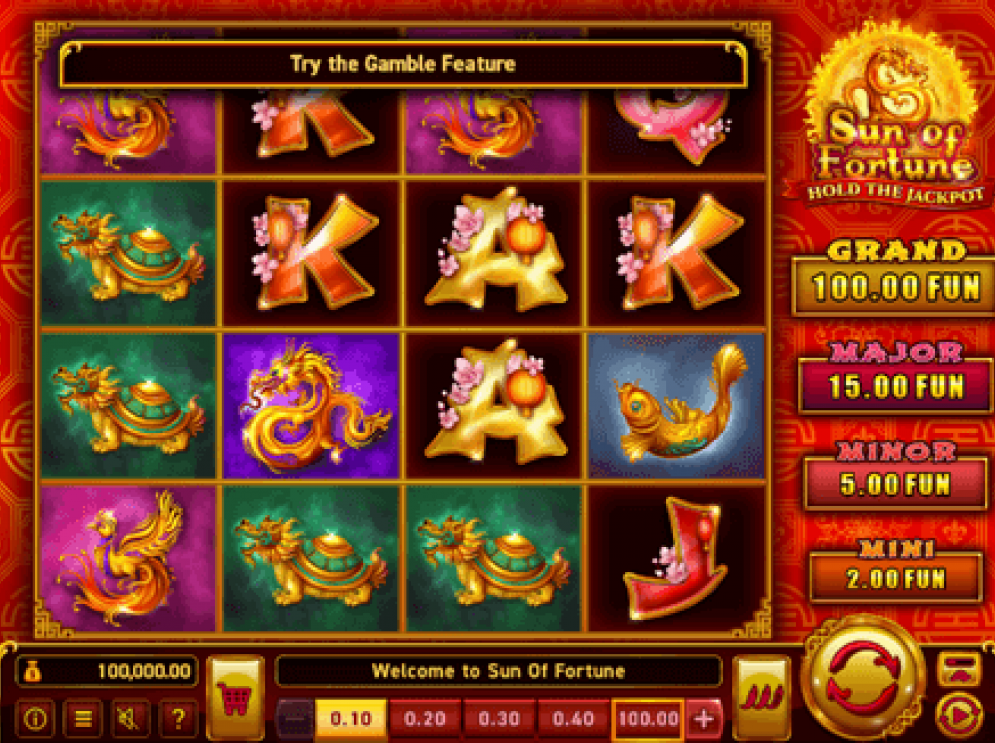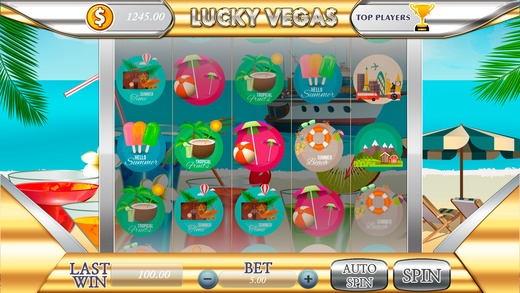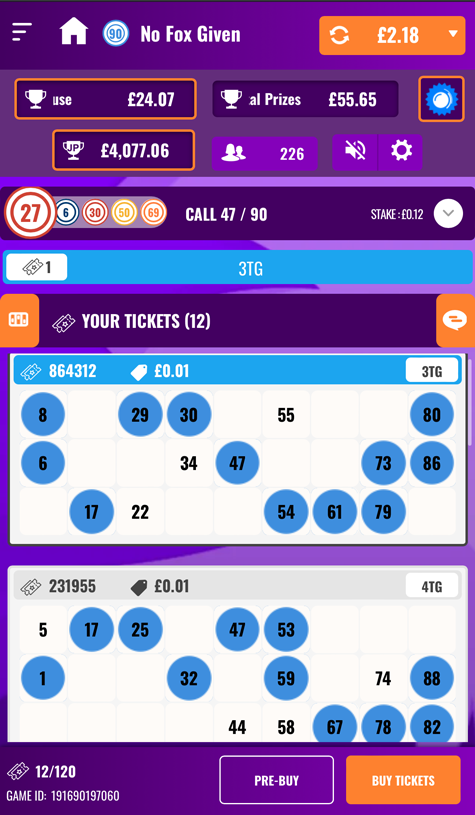They might appear simple, however they’re also the brand new bread-and-butter of building your own luck, which have profits that may spice up your game play a lot more. Welcome to grizzlygambling.com – the complete party welcomes one all of our user area. It’s our very own mission to inform members of the brand new occurrences on the Canadian business to help you gain benefit from the best in internet casino gaming. Ensure that you’re on complete resources because you see war having Gods on the God of Storms Casino slot games because of the beating it thanks to Activities Communications Gambling enterprise. Revel to your plenty of incentives it’s got frequently and you can an inviting bundle that includes suits-up deposits and more together with other benefits it offers heading to the for the appreciated players.
Finest Gambling enterprises to experience Period of the fresh Gods: God away from Storms:
A step we launched for the purpose to make a major international self-exclusion program, that will enable it to be vulnerable players to block its entry to all of the gambling on line options. Period of Gods God from Storms provides twenty-five paylines around the 5 reels. Save your favorite game, have fun with VSO Gold coins, register competitions, score the fresh incentives, and a lot more. If you’d like as left updated with each week industry news, the newest totally free games announcements and extra offers please include their send to your subscriber list. We strive to incorporate accurate and up-to-go out guidance, however, we really do not make sure the precision out of extra now offers or other facts.
- Myself, I really like my personal notes made from paper, however, hey, that’s merely me personally.
- Yes, the age of the new Gods Goodness of Storms game is created to operate to the mobiles.
- Zeus is recognized for their of many sexual (and more often than not nonconsensual) relationships beyond his wedding to their partner and you can sis Hera.
Goodness away from Storms RTP
He or she is tend to illustrated as the courageous, willing to take on people problem and you will safeguard those in you want. In the Norse mythology, the new God away from Storms is famous by many brands, as well as Thor, Donar, and you may Perun. The good organization which have climate phenomena means they are one of several most powerful and you will respected deities on the Norse pantheon. The fresh Goodness of Storms is even both depicted wear a good feathered cloak, which is supposed to be made of the brand new feathers from eagles and other birds away from victim. Which cloak are symbolic of the brand new deity’s link with the fresh sheer world in addition to their capacity to handle the weather and the elements. Lastly, i ensure that the online game is secure and is very effective prior to we put it on our very own website.

Just as in almost every other Playtech ports, there’s a keen Autoplay mode for non-United kingdom players. When you see the reels of this slot, they look oddly quick versus records picture. Thus far the head away from a goodness looks inside top-reputation on the right – trying out one extra space. The newest animation in which he punches the brand new reels is effective, plus the sound clips are good as well.
What is the randomly given jackpot?
There’s in addition to a complete servers from safer gambling products to assist your enjoy responsibly. Like all slots regarding the Age of the new Gods show, God from Storms try linked to a good jackpot community with cuatro modern jackpots. The better their choice, the better your chances of effective, but one to shouldn’t prompt one to wager more than your if not do. Area of the bonus element that might be on the position online game ‘s the Insane Piece of cake Respins Added bonus. This is caused when you manage to property a great piled ship Wild on the reels. When this happens, the fresh Insane usually lock in put, and the reels have a tendency to respin.
When you are a good Greek myths-inspired slot aficionado, you are probably already familiar with Playtech’s Age the new Gods series. The 5-reel Jesus of Storms is an additional video game in the well-known on the internet slots titles, and therefore one is based on the God of your Sea. Through to causing Nuts Cinch Lso are-Revolves, the brand new Piled Boat Crazy symbol stays caught to your reels.
Furthermore, the newest wagers inside game are very small to the tiniest you to amounting to only one penny, so plan a boring look for treasures. fafafaplaypokie.com More Info Anything attract more interesting when you get an additional piled crazy on the boats via your respins. It means their revolves remain, and you may twist even for extended.

All users less than our brand name is methodically updated for the most recent local casino offers to be sure prompt suggestions beginning. If you’d like more information in regards to the Age of the new Gods ports collection, here are a few greatest publication which have information on the top ten games. You could earn a 6-contour jackpot prize completely randomly in all age the brand new Gods ports. There is absolutely no lowest choice so you can victory that it, although the more you bet, the better your chances.
The new video game work on Gods and Goddesses, along with Zeus, Athena, and you may Poseidon. The age of Position series is recognized for its high-high quality graphics, and this video game is not any exclusion. The first video game is Chronilogical age of the new Gods slot online game and this try an enormous success and you will spawned the whole selection of game.
CasinoOnline.com is the most strong guide to have on-line casino participants to earth. Participants will appear for the Crazy Breeze Lso are-spins for the much more uniform wins inside-games, whilst position’s biggest advantages lie having its modern jackpots. A first suggestions when it comes to casinos where you will find Period of the newest Gods – Jesus from Storms position – is actually Betfred casino. Here you will getting qualified to receive a great $fifty added bonus and you can some ten totally free revolves to have a put only $ten. Additionally, if this unique Insane completely places on the reels, it turns on the brand new Wild Breeze Respin feature.

This type of and other fascinating factual statements about the brand new Goodness away from Storms serve to help you deepen our understanding of that it advanced and you may strong Norse deity. And their association that have climate phenomena, the new God of Storms along with retains sway along side defense out of traffic and you can warriors. Their capability to manage sun and rain and offer protection to the people in need made them an excellent revered deity in the Norse neighborhood, and their determine is still thought within the contemporary culture. The newest God from Storms is actually a good divine image of your own awesome energy and unpredictability of absolute pushes. Their ability to manage thunder, lightning, piece of cake, and you will rain underscores their strength and benefits inside Norse community.
Chronilogical age of The newest Gods: God From Storms – Nuts Storms
You will find 5 reels about position so there designed inside the standard 5×3 layout. The full min bet is set pretty lowest from the 0.twenty-five, or simply 0.01 for each and every payline, marking the game out as one of the correct penny harbors. In the reverse high there’s adequate to possess big spenders to get stuck for the having a good maximum choice of 250.00, the equivalent of ten.00 for every active payline.
Ports are one of the top sort of on-line casino games. He could be an easy task to play, as the email address details are totally as a result of chance and you may chance, you don’t have to research the way they functions before you can start to experience. However, if you decide to gamble online slots for real currency, i encourage you realize our very own blog post about precisely how harbors performs basic, so you know very well what can be expected. The brand new boat is the head nuts symbol, and it will solution to any other icon, except for almost every other wilds, making a fantastic integration. The brand new marble, as previously mentioned before, ‘s the most other crazy that is essential for gains.
One of the secret regions of the newest Jesus away from Storms’ legacy is their organization that have absolute forces. Inside Norse myths, the brand new deity’s rule more thunder, lightning, breeze, and you will precipitation represents its supremacy across the issues one to regulate existence on the planet. That it partnership involving the Goodness of Storms and you may sheer phenomena continues on to inspire awe and you will reverence today. The fresh Goodness out of Storms keeps a critical added Norse mythology, with the dictate stretching beyond olden days in order to modern-day philosophy and lifestyle.



Recent Comments